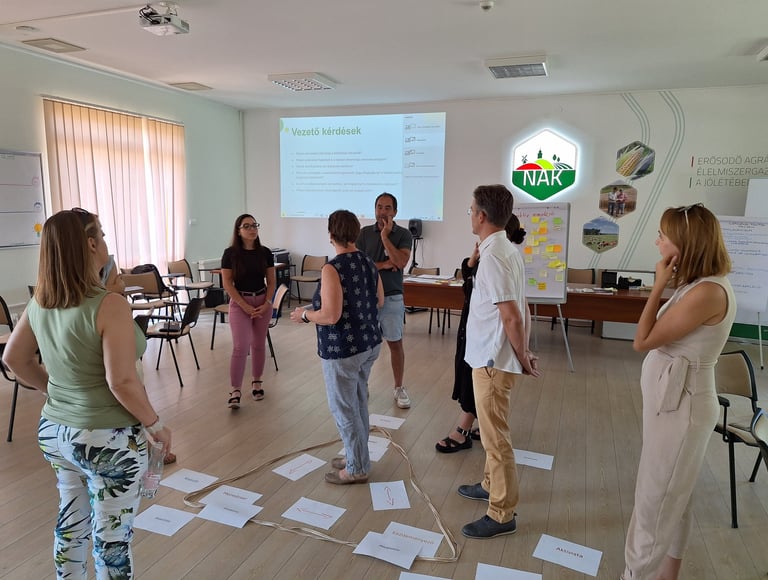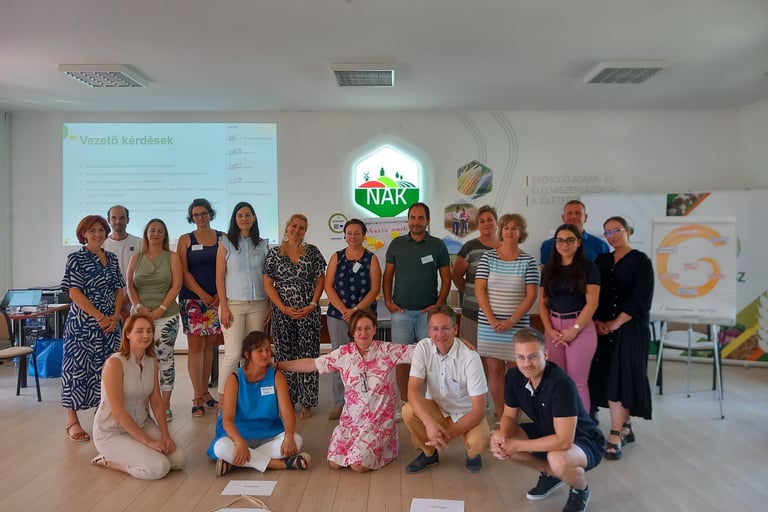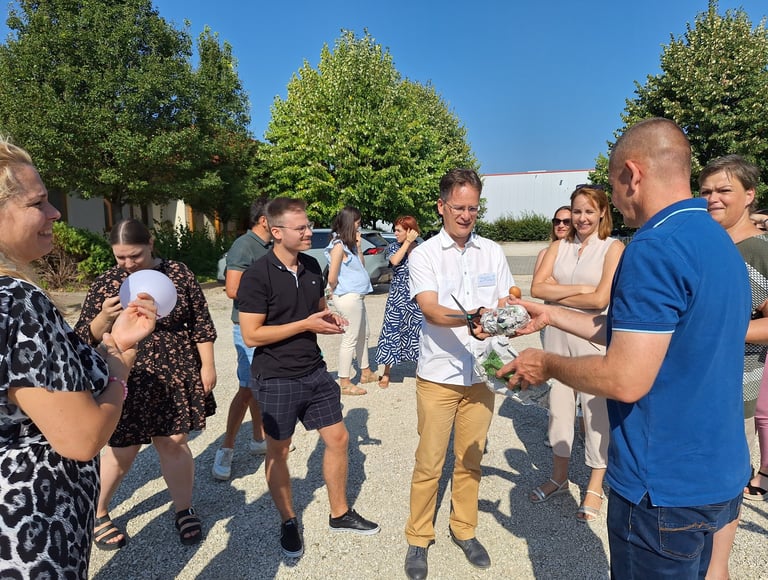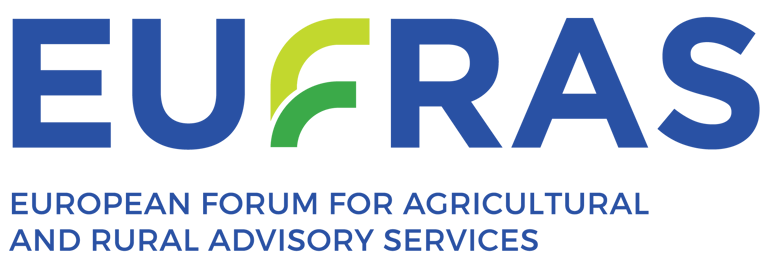Interactive innovation and networking in agriculture –practical experience of a two-day training
In mid-August, NAK and the Institute of Agricultural Economics organized a training (within the framework of the National CAP Network) entitled Driving forces of development: interactive innovation and networking, with the participation of agricultural advisors, forestry specialists and other AKIS actors.
I2CONNECT
9/4/20243 min read


Within the framework of the two-day training, the advisors and other AKIS (Agricultural Knowledge and Innovation System) actors could take part in a truly unique professional training. Among the AKIS actors, on the part of the government, leading experts from the Ministry of Agriculture who coordinate knowledge transfer, knowledge sharing, innovation and digitalization, furthermore, those of the AKI Innovation and Digitization Support Body (ITE), the NAK Green Support Body (ZTE), Herman Ottó Institute (HOI), and the Research Institute of Organic Agriculture (ÖMKI) participated. The training held in Dunaharaszti was based on co-thinking and interactivity, which was made really exciting by the diversity of the participants.
In mid-August, NAK and the Institute of Agricultural Economics organized a training (within the framework of the National CAP Network) entitled Driving forces of development: interactive innovation and networking, with the participation of agricultural advisors, forestry specialists and other AKIS actors.


Training of the I2CONNECT project in Dunaharaszti
Source: AKI, Adél Seprődi
As agricultural advisors, most of the participants are in daily contact with farmers, so they were able to authentically share with the attendees the “real life” practical examples, challenges, and problems to which they jointly sought answers and solutions. The institutional actors presented above were researchers, agricultural university lecturers, domestic and international innovation project partners horizontally covering agriculture and dealing with knowledge sharing, who helped the high-quality implementation of the training with a strong scientific background and commitment to development and innovation, as well as their already existing knowledge.
As the thematic foundation of the joint work, the participants gathered through practical examples what interactive innovation meant to them, and what the role of advisors could be to ensure its spreading widely.
The basis of the training was provided by the results of the H2020 I2CONNECT international project, as well as the methodology and tools learned in the framework of this project. These tools help to systematize and see through the multi-actor, interactive processes that are becoming more and more central in agriculture.
Participants sought answers to questions such as:
In which stage is the given innovation process, and how can it be helped to the next stage? Getting to know the “innovation spiral” through specific cases helped in this. What makes working together in a multi-actor environment good that is motivating and feeds creativity, and what can make all of this become something that gives energy, or just takes energy from the network, from the actors in the network.
- Where can there be blockages during the innovation process, and what method can be used to resolve them? When and how can one intervene in the given process, and who is able to do so, who is accepted by the actors involved? What role can advisors and other actors play in these processes? The above questions were discussed by the participants using the “co-creation triangle” method, through a specific case.


Theoretical and practical application of the “co-creation triangle” method
Source: Ágnes Jakab (NAK)
The mentioned tools help to understand how the participants in a process or a project are connected to each other during joint work, contributing to the recognition of blockages.
All of these do not replace sound planning. The interactive block dealing with the so-called intervention logic provided help in this, in the framework of which the participants learned about the logical steps of planning specific projects: they also identified the goals, activities and indicators measuring the results.
Based on the feedback, the two days were extremely inspiring for both the participants and the trainers. According to several people, it was mainly because the issues were discussed together through specific practical examples, to which the participants could relate through their own experiences. According to the participants of the training, they received and gave a kind of organizing background knowledge and way of thinking, which can be a useful helper for the foundation of innovation collaborations due to the upcoming announcement of the call for proposals entitled “Support for European Innovation Partnership Operational Groups” of the CAP Strategic Plan.
The results of the NAK I2CONNECT project will be further utilized in the Horizon Europe international project entitled ATTRACTISS, which AKI ITE will carry on as a consortium partner. One of the important goals of ITE is to spread interactive innovation within agriculture, so the announcement of more interactive trainings with a similar structure is expected in the future.
Ágnes Jakab (NAK) and Krisztina Magócs (AKI)
Budapest, 30 August 2024
Riga str 34, Ozolnieki, Jelgavas novads, LV-3018, Latvija
Phone: +371 29736468
mail: anita.dzelme@llkc.lv
Requisites:
Biedrība "Eiropas Lauksaimniecības un lauku konsultantu asociācija"
NGO " European Forum for Agricultural and Rural Advisory Services"
Reg nr. 40008219277

